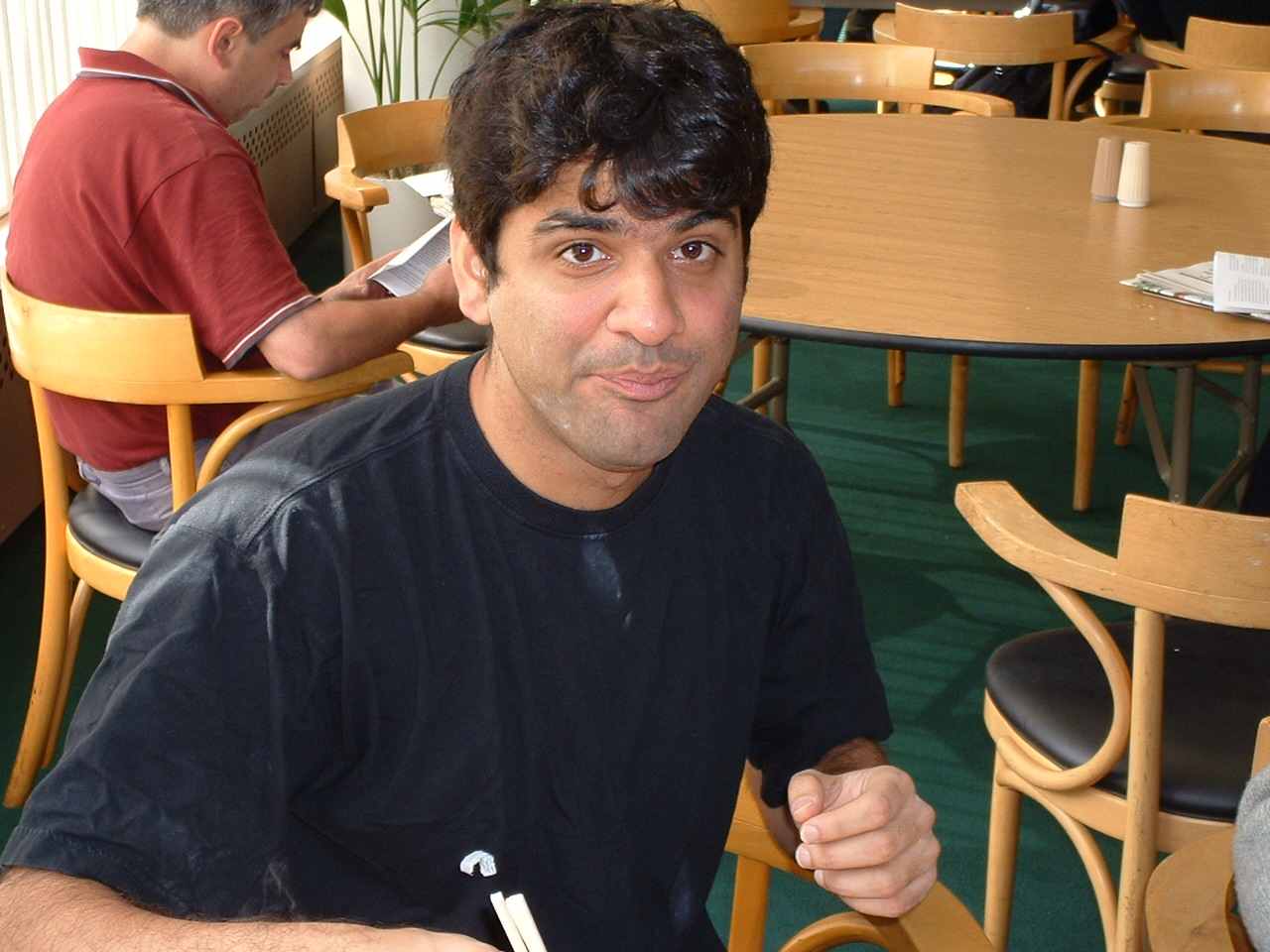Interview in The Hindu (2013)
Context: The improved understanding of the equations of hydrodynamics is general in nature; it applies to all quantum field theories, including those like quantum chromodynamics that are of interest to real world experiments. I think this is a good (though minor) example of the impact of string theory on experiments. At our current stage of understanding of string theory, we can effectively do calculations only in particularly simple — particularly symmetric — theories. But we are able to analyse these theories very completely; do the calculations completely correctly. We can then use these calculations to test various general predictions about the behaviour of all quantum field theories. These expectations sometimes turn out to be incorrect. With the string calculations to guide you can then correct these predictions. The corrected general expectations then apply to all quantum field theories, not just those very symmetric ones that string theory is able to analyse in detail.
Famous Shiraz Minwalla Quotes
Interview in The Hindu (2013)
Context: String theory work done in India is pretty good. … There’s no other country with a GDP per capita comparable to India’s whose string theoretic output is anywhere as good. In fact, the output is better than any country in the European Union, but at the same time not comparable to the EU’s as a whole. So you get an idea of the scale: reasonably good, not fantastic.
The striking weakness of research in India is that research happens by and large only in a few elite institutions. But in the last five years, it has been broadening out a bit. TIFR and the Harish-Chandra Research Institute (HRI) have good research groups; there are some reasonably good young groups in Indian Institute of Science (IIS), Bengaluru; Institute of Mathematical Sciences, Chennai; some small groups in the Chennai Mathematical Institute, IIT-Madras, IIT-Bombay, IIT-Kanpur, all growing in strength, The Indian Institute of Science Education and Research (IISER), Pune, has also made good hires in string theory.
Interview in The Hindu (2013)
Context: The improved understanding of the equations of hydrodynamics is general in nature; it applies to all quantum field theories, including those like quantum chromodynamics that are of interest to real world experiments. I think this is a good (though minor) example of the impact of string theory on experiments. At our current stage of understanding of string theory, we can effectively do calculations only in particularly simple — particularly symmetric — theories. But we are able to analyse these theories very completely; do the calculations completely correctly. We can then use these calculations to test various general predictions about the behaviour of all quantum field theories. These expectations sometimes turn out to be incorrect. With the string calculations to guide you can then correct these predictions. The corrected general expectations then apply to all quantum field theories, not just those very symmetric ones that string theory is able to analyse in detail.
